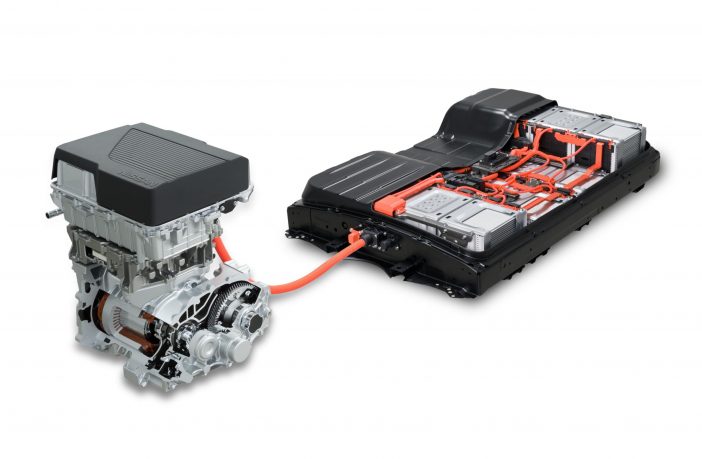- It is certain that lithium batteries will be dominant over the coming decade and their chemistry will change in pursuit of reduction in cost and flammability and to obtain greater energy density.
- IDTechEx forecasts the biggest application – electric vehicles – in 101 categories, but any forecast has assumptions that matter a great deal.
In the report, Lithium-Ion Batteries for Electric Vehicles 2020-2030, the research company forecasts 10 years assuming, not predicting, no global recession and no shortages.
However, it warns that lithium-ion battery shortages can be caused by shortages of lithium, cobalt and nickel despite the current glut. This is because EV demand is rising so fast, with pure electric vehicles particularly important as they take over 80% of the EV battery demand.
Cars will be the largest users in market value followed by trucks and buses, which are essentially one business and leading a trend to bigger batteries in the mix.
For lithium batteries, metal shortages are a maybe, but shortage of production capacity is likely despite new facilities being committed all the time.
The IDTechEx report, ‘Electric Vehicles in Construction, Agriculture and Mining 2019-2029‘ analyses another rapidly emerging user of large batteries, some around the 1MWh level also seen in some ships and manned electric aircraft.
Dr Peter Harrop, chairman of IDTechEx advises: “Around 18% of the $3 trillion level EV market in 2030 would be lithium batteries in an unconstrained scenario. The improved performance and cost from solid-state and polymer batteries can only boost demand.
Related news: New carbon battery technology offers super fast charging.
“The incumbent manufacturers are rapidly increasing output of lithium-ion batteries in the meantime. Impressive newcomers to battery cell making such as Tesla and Dyson are investing heavily to launch next-generation cells of their own technology for their own EVs. The Toyota-Panasonic advanced battery joint venture is particularly formidable.”
Author: Babalwa Bungane
This article was originally published on ESI Africa and is republished with permission with minor editorial changes.












